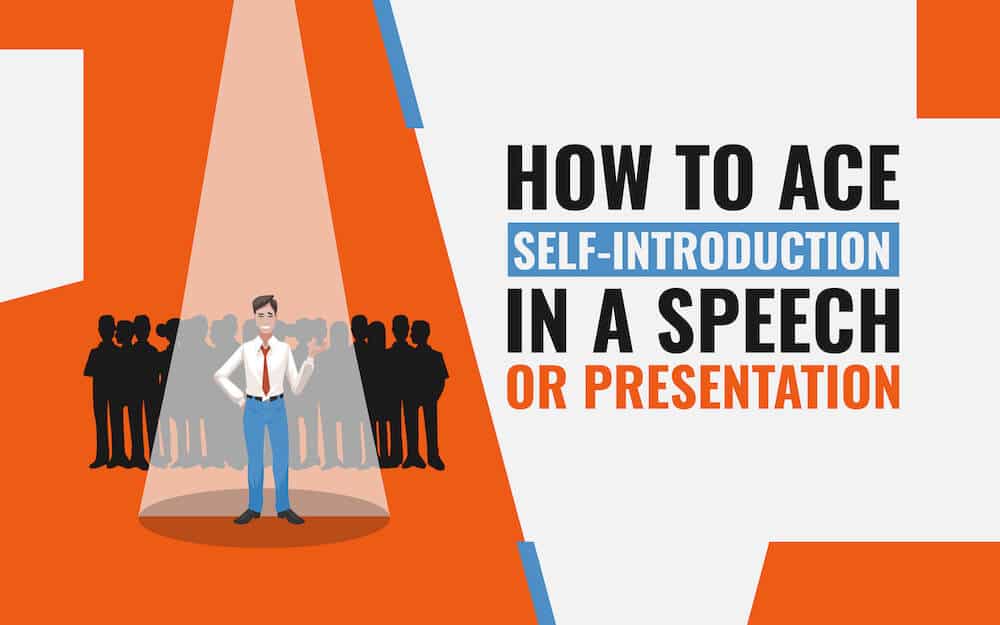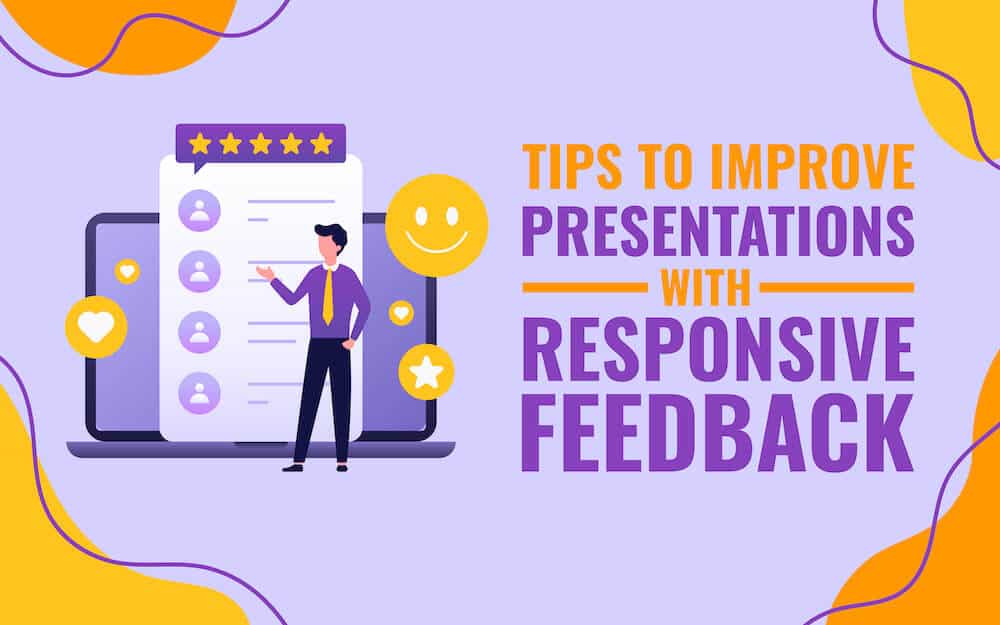
# Tip 1
When a friend’s daughter became angry with her parents, her response was always the same: “Well, forget you.” Though I’m sure she never realized it, this was great advice for a person giving a presentation. Forget you! It’s like when you’re really interested in doing something and you’re totally focused in on it. Worries and concerns disappear. Even discomfort. The same thing should happen when you give a presentation. If you’ve chosen your topic wisely and have analyzed the situation—that is, you know as much as possible about your audience, the venue, the occasion, and your topic – well then, “forget you”! You should become so caught up in the situation that you think only about your audience and about communicating with them. Not only will the presentation be a hit, but the experience will give you a nice sense of accomplishment.
# Tip 2
Be rabid! No, don’t bit any of your audience members. Rather be passionate about your topic. Choose a subject you truly care about, something that’s important to you and something you think is important for your audience to know about. If you truly want to communicate, that’s half the battle right there. The audience will sense your enthusiasm and become enthusiastic, as well.
# Tip 3
Be open, even vulnerable. In other words, allow yourself to be real. You’re not an actor assuming a role in a play. Be genuine. Let the audience glimpse the real you – not some persona you’re hiding behind. I’m sure you’ve seen presentations in which you can tell the speaker is doing little or nothing more than hiding behind the speech and the occasion. If you’re like me, pretty soon you’re going to resent what’s happening. You’re come to witness a real presentation by a real person, not someone vying for an Academy Award. Most often, of course, the artificiality means the presenter either is too nervous to be “real,” or else too frightened to reveal his or her true personality. And this means the speaker isn’t in command of the audience, which in turn isn’t going to give the speaker its full attention.
# Tip 4
Speak to your listeners, not at them. The audience isn’t a multi-headed monster that will devour you if you make a mistake. Most often – unless your presentation is highly confrontational or opinionated – the audience is on your side. They’re rooting for you, and they’re paying attention to what you say and do. Give them the same courtesy. They’re not a single organism; they’re individuals… not all that much different from you. Treat them as such. They could be neighbors, friends, relatives – the sort of people you speak with every day. Acknowledge their individuality. Look at them directly; maintain eye contact. You’ll find paying attention to their reactions to what you do and say is rewarding experience. People generally are paying attention; they want to hear what you have to say. So acknowledge them, speak to them as you as a collection of individuals.
# Tip 5
Make sure you know as much about your topic as you possibly can. When you do that, the audience can sense the depth of your knowledge. You don’t have to tell them everything you know about your topic. In all probability that would make your presentation much too long and you’d risk losing the listeners’ attention. Think of an iceberg. When you come upon it, you see only what exists above the water line. Yet we know that most of the mass is underwater. That’s the way it should be with your presentation. If you have only limited knowledge – the top part of the iceberg—there’s little to support what you say. There’s no foundation, so to speak. It’s the same with the topic you’ve chosen. If you have no foundation, no support to draw on, you are risking failure.
# Tip 6
Keep the language simple and easily understandable. If you’re an expert in a particular field – quantum physics, ancient Green theatre, or whatever, that’s wonderful. But unless you’re speaking to a group of peers, most likely the great majority of your audience knows little if anything about your subject, even though they’re attending your presentation and obviously have some interest in learning about it. So don’t talk about quarks or eccyclemas in complex language. Explain in language that’s easily understandable for the layman. On the other hand, don’t talk down to your listeners. That’s even worse because they certainly can sense your projection of superiority. And just because they don’t know much about your topic, doesn’t mean they’re intellectually handicapped. It’s a certainty that they know about certain topics in which you have little or no knowledge.
In summary, the purpose of giving a presentation is to communicate, and to do so effectively. If you follow the tips listed above, you certainly are on the way to giving a great presentation.



